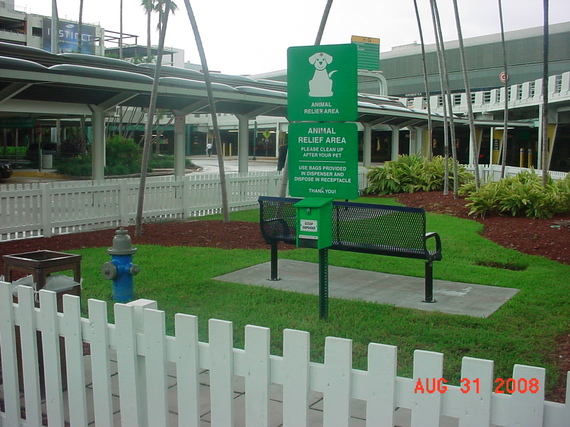We all want our lives to be easier. Unfortunately, when we act in ways that attempt to save time or money, we often fail to recognize the effect that our choices have on others. This is especially true in the area of accessibility which often falls prey to our fast paced lifestyles. When in a hurry, otherwise thoughtful people think that it will not matter if "I park here for just a minute," in an accessible parking place, without stopping to think that actions such as these may cause others grief. Perhaps when people park in these specified parking spaces for "just a minute," they think it is okay because they have not seen a person with a disability wishing to use this space. What they do not appreciate is that drivers with disabilities might be looking for a place to park and when finding none, they might have to return home without a present for their daughter's birthday. This all too common example is not, however, an isolated instance. Rather, it symbolizes the many numerous offenses that may seem "small" but make life more difficult for those who need access.
Traveling is another area that often produces challenges for people with disabilities. For example, a passenger in an airport who uses a "handicap" accessible stall or one designated "family" restroom simply to allow a larger space to accommodate luggage can cause those in wheelchairs great inconvenience. They may have to endure a long wait for a stall or be forced to search in other parts of the airport for one that they can access.
Abusing the right to have a service dog while traveling is another area that is also becoming all too common. For example, some passengers may allow their pets to use a service animal relief area but fail to clean up after their animal, leaving a mess for someone else to dispose of. Unfortunately, the next person using the relief area is a woman, who happens to be blind, with her guide dog. As you might expect, in trying to pick up after her own dog, she steps in poop left by the inconsiderate choice of another passenger. Similarly, some people bring their pets onto flights illegally claiming them as service dogs to avoid having to pay the charges for traveling with a pet. Sometimes these pets cause problems for passengers with disabilities who need to travel with proper service dogs. If pets are unruly before or during a flight, they might hamper the service dogs from concentrating on their role of serving their handler. Some states, such as Florida, have enacted laws that state it is illegal to claim a pet as a service dog.
Travelers may also face other challenges. For example, in some hotels, people who are deaf have been charged by the hotel for their hearing dog because the hotel staff doesn't understand the service animal's role. They do not realize the dog is not there just "in case of emergency," but rather for general environmental surrounding sounds. If there are no visible disabilities and since hotels often must deal with cheaters, the staff may mistakes these dogs for pets.
If such thoughtless actions such as these and others are identified, most people quickly understand that they are wrong. The question then becomes, how to change these behaviors. One solution is to use technology to raise the level of awareness for those whose actions cause problems as well as for those who standby and allow abuses to occur. For example, some television reporters have filmed people parking illegally in accessible spaces. In other situations, exposés, although often harsh, can be effective when persuading people to alter their attitudes. In a creative use of technology in Moscow, Russia, a sensor to detect an accessible parking space permit has been developed, and if there is none, a hidden projector presents a hologram of a person with a disability. Along with embarrassing people, some states, such as Missouri, are passing laws that forbid people to "impersonate" a person with a disability; however, enforcement is sometimes difficult.
Changes in people's attitudes can happen, although the process is often slow and at times uneven. Once people become conscious of the consequences of their actions, they often recognize that even minor inconveniences can significantly lower the overall quality of people's lives. Everyone, young or old, disabled or able bodied, has a stake in bringing attention to this issue. Only then can the public's attitude truly shift from inaction or indifference to one that embraces all people whether disabled or not.
